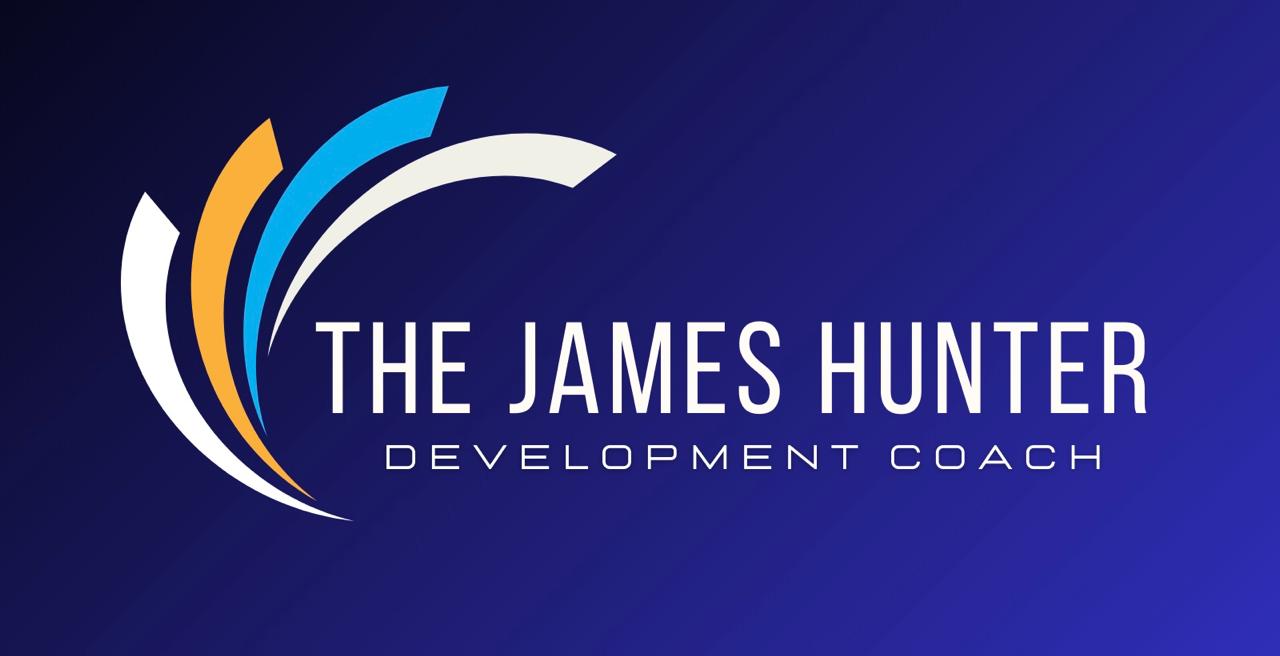Description
Relationship Marketing Training Course Outlines
Course Overview
Objective: Equip participants with the knowledge and skills to implement effective relationship marketing strategies that foster long-term customer loyalty and engagement.
Audience: Marketing professionals, customer service representatives, business owners, and anyone interested in enhancing customer relations.
Module 1: Introduction to Relationship Marketing
Objective: Understand the fundamentals and significance of relationship marketing.
Definition and Purpose
Historical Context and Evolution
Key Differences from Transactional Marketing
Module 2: Knowing Your Customer
Objective: Learn techniques to understand customer needs, preferences, and behaviors.
Creating Customer Profiles and Personas
Market Segmentation Strategies
Analyzing Customer Data for Insights
Module 3: Building Strong Customer Relationships
Objective: Develop practical skills for creating and nurturing meaningful customer connections.
The Importance of Personalization
Effective Communication Strategies
Building Trust and Customer Confidence
Module 4: Customer Engagement and Loyalty Programs
Objective: Explore ways to engage customers and enhance their loyalty.
Designing Reward and Loyalty Programs
Strategies for Customer Engagement
Role of CRM Systems in Engagement
Module 5: Enhancing Customer Experience
Objective: Focus on optimizing every interaction to improve customer satisfaction.
Mapping the Customer Journey
Improving Touchpoints and Reducing Friction
Gathering and Utilizing Customer Feedback
Module 6: Content and Social Media in Relationship Marketing
Objective: Leverage content marketing and social media to build relationships.
Creating Content that Resonates
Strategies for Social Media Interaction
Encouraging and Using User-Generated Content
Module 7: Measuring Relationship Marketing Success
Objective: Understand how to track and measure the effectiveness of relationship marketing strategies.
Identifying Key Metrics and KPIs
Analyzing Data for Continuous Improvement
Making Data-Driven Decisions
Module 8: Overcoming Challenges and Ethical Considerations
Objective: Address common challenges and uphold ethical standards in relationship marketing.
Managing Customer Privacy and Data Protection
Balancing Personalization with Privacy
Navigating Common Relationship Marketing Pitfalls
Module 9: Case Studies and Real-World Applications
Objective: Learn from successful relationship marketing examples.
Analysis of Successful Brand Strategies
Lessons Learned and Best Practices
Interactive Group Discussion
Module 10: Developing a Relationship Marketing Strategy
Objective: Build a comprehensive relationship marketing plan.
Setting Goals and Objectives
Crafting Strategic Plans and Tactics
Implementation and Review Process
Course Conclusion
Wrap-up: Review key learnings and prepare for application in real-world scenarios.
Future Trends: Discuss emerging trends in relationship marketing.
Certificate Award: Certification of Completion for Participants.
Teaching Methods
Interactive Workshops: Engage participants with role-playing, case studies, and group discussions.
Hands-On Assignments: Practical exercises to apply learned concepts.
Guest Speakers: Industry experts to provide insights and real-world perspectives.
Feedback Sessions: Opportunities for participants to receive feedback and refine their strategies.
This training course is designed to be comprehensive and interactive, ensuring that participants not only learn the principles of relationship marketing but also how to apply them effectively in their organizations
Sales Process Using AIDCC Course Outlines
Week 1Attention
Objective: Capture the prospect’s attention to create awareness about your product or service.
Interest
Objective: Sustain the prospect’s interest in learning more about your offering
3.Desire
Objective: Build a strong desire for the prospect to own or use your product or service
Conviction
Objective: Convince the prospect of the value and credibility of your offering
Close
Objective: Finalize the sale and secure the commitment to purchase.
process.
This structured process helps guide students through a logical flow, increasing the chances of successful conversion by ensuring engagement and addressing needs at each stage.
Building Self Confidence
Week 2
Self-Confidence Formula
Self-Awareness + Acceptance
Objective: Understand and embrace your strengths and weaknesses.
Positive Mindset + Affirmations
Objective: Develop a positive outlook and reinforce belief in yourself.
Preparation + Goal Setting
Objective: Increase confidence through preparation and clear objectives.
Skill Development + Mastery
Objective: Enhance confidence through competence and expertise.
Body Language + Presentation
Objective: Use body language to project confidence externally and internally.
Resilience + Persistence
Objective: Build confidence through overcoming challenges and setbacks.
Support Systems + Feedback
Objective: Leverage external support and insights for personal growth
Putting It All Together
Daily Practice: Make these steps a part of your routine. Consistency is key to building and maintaining self-confidence.
Overcoming Fear Week 3
Procedure to Overcome Fear
1.Identify and Acknowledge the Fear
Objective: Clearly define what you are afraid of and accept that fear is a natural emotion
Understand the Fear’s Source
Objective: Analyze the origin and reasons behind your fear.
Educate Yourself
Objective: Gain knowledge about what you fear, reducing uncertainty and misconceptions
Develop Coping Strategies
Objective: Equip yourself with tools to manage fear when it arises.
Gradual Exposure
Objective: Systematically expose yourself to the fear in controlled steps to build tolerance.
Seek Support
Objective: Utilize support systems to help you face and overcome fear
7.Challenge Negative Thoughts
Objective: Reframe fear-driven thoughts with positive and constructive alternatives
Evaluate and Reflect
Objective: Regularly assess your progress and adapt strategies as necessary
Week 4
Relationship Marketing
Objective: Equip participants with the knowledge and skills to implement effective relationship marketing strategies that foster long-term customer loyalty and engagement.
Introduction to Relationship Marketing
Objective: Understand the fundamentals and significance of relationship marketing
al Marketing
Knowing Your Customer
Objective: Learn techniques to understand customer needs, preferences, and behaviors
Building Strong Customer Relationships
Objective: Develop practical skills for creating and nurturing meaningful customer connections
Customer Engagement and Loyalty Programs
Objective: Explore ways to engage customers and enhance their loyalty
Discussion
Developing a Relationship Marketing Strategy
Objective: Build a comprehensive relationship marketing plan.




Reviews
There are no reviews yet.